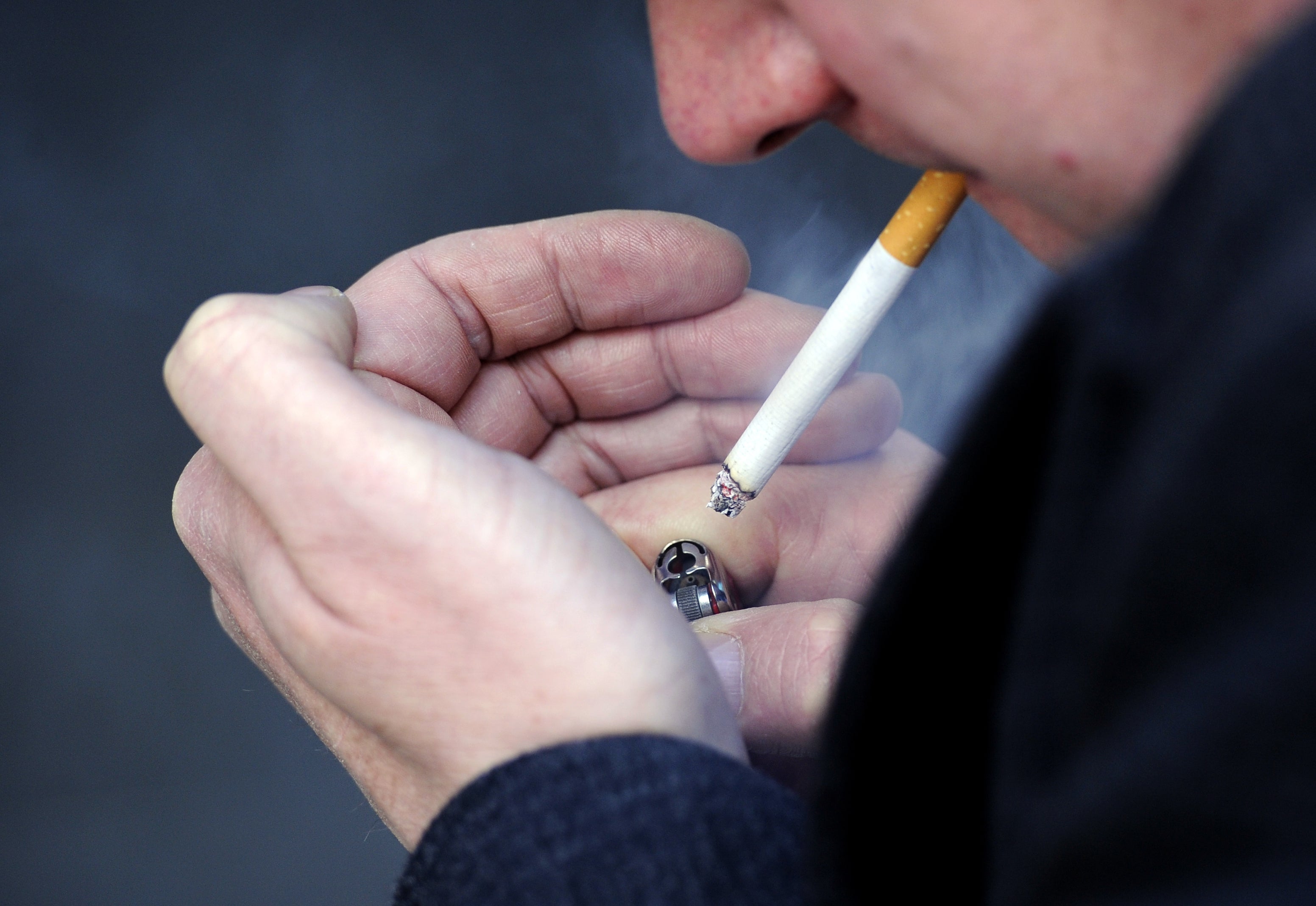Biden administration to call for nicotine reductions in cigarettes
New policy forcing tobacco companies to cut nicotine to nonaddictive amounts could upend industry

Your support helps us to tell the story
From reproductive rights to climate change to Big Tech, The Independent is on the ground when the story is developing. Whether it's investigating the financials of Elon Musk's pro-Trump PAC or producing our latest documentary, 'The A Word', which shines a light on the American women fighting for reproductive rights, we know how important it is to parse out the facts from the messaging.
At such a critical moment in US history, we need reporters on the ground. Your donation allows us to keep sending journalists to speak to both sides of the story.
The Independent is trusted by Americans across the entire political spectrum. And unlike many other quality news outlets, we choose not to lock Americans out of our reporting and analysis with paywalls. We believe quality journalism should be available to everyone, paid for by those who can afford it.
Your support makes all the difference.The Biden administration will require tobacco companies to drastically reduce nicotine levels in cigarettes as part of an ambitious plan to reduce cancer rates, in a new policy announced on Tuesday.
The proposal would mean all cigarettes sold in the United States would have minimal or non-addictive amounts of nicotine.
Public health officials have welcomed the move as “transformative”, but it is likely to be met with strong opposition from the tobacco industry.
The Wall Street Journal reported on Wednesday that the Food and Drug Administration was preparing to order Juul Labs to remove its e-cigarettes from the market in the US.
Smoking is the leading cause of death in the United States, causing 480,000 deaths each year, according to figures from the Centers for Disease Control and Prevention.
“Nicotine is powerfully addictive,” Food and Drug Administration Commissioner Robert M. Califf said.
“Making cigarettes and other combusted tobacco products minimally addictive or non-addictive would help save lives.”
In a statement, the FDA said more than half of adult smokers make a “serious attempt” to quit each year.
“But most do not succeed due to the addictive nature of cigarettes. Such a product standard, if proposed and then finalised after a thorough process, would make those products minimally- or non-addictive,” the FDA said.
Matthew Myers, the president of the Campaign for Tobacco-Free Kids, told CNN the move would transform public health in the US.
“This is the first time there’s ever been a serious discussion with a commitment from the highest levels of government to tackle tobacco in a way that is transformative,” he said.
In February, President Joe Biden unveiled a “cancer moonshot” plan which aimed to “end cancer as we know it”.
The multi-pronged effort included plans to bolster prevention, screening and research, with the goal of reducing the death rate from the disease by 50 per cent during the next 25 years, senior administration officials said at the time.
In April, the FDA proposed new rules banning the manufacture and sale of menthol cigarettes.
Menthol is the only cigarette flavor that wasn’t banned under the 2009 law that gave the FDA authority over tobacco products. Several efforts to eliminate menthol since then have been derailed by industry pushback or competing political priorities.
Menthol’s persistence infuriates health advocates because the ingredient’s cooling effect has been shown to make it easier to start smoking and harder to quit. The health consequences have disproportionately fallen on Black smokers, 85 per cent of whom use menthols.



Join our commenting forum
Join thought-provoking conversations, follow other Independent readers and see their replies
Comments